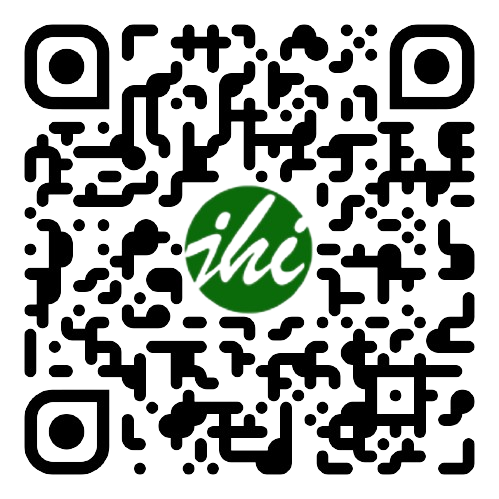Urgency of Akad as Sharia Economic Consumer Protection Against Rahn Transaction
DOI:
https://doi.org/10.28918/jhi.v19i1.3570Keywords:
Customer Protection, Islamic Economi Law, Rahn (Pawn)Abstract
This study aims to determine the urgency of the pawn transaction akad (agreement) between consumers and sharia pawning institutions. The conceptual approach is the approach used in normative research, as well as the analytical approach needed in normative research. Primary sources are taken from books, journals, proceedings, statutory regulations, and Islamic economic law. The results of this research show that the protection of customers of rahn transactions (pawning) is a very important part of applying the principle of pleasure and the principle of justice between debtors and creditors as outlined in a written form called a contract (akad) or agreement. Customer protection can occur, if the harmonious and legal conditions of the contract (contract) are fulfilled by implementing the principle of equality and equality (al-musawah), in which the parties who contract an agreement have a very close relationship to fulfill their rights and obligations, of course. done by both of them for the performance in the contract to be effective.
Downloads
Published
How to Cite
Issue
Section
License
Copyright (c) 2021 Jurnal Hukum Islam

This work is licensed under a Creative Commons Attribution-NonCommercial 4.0 International License.
Jurnal Hukum Islam use a variety of waivers and licenses that are specifically designed for and appropriate for the treatment of data:
- Open Data Commons Attribution License, http://www.opendatacommons.org/licenses/by/1.0/(default)
- Creative Commons CC-Zero Waiver, http://creativecommons.org/publicdomain/zero/1.0/
- Open Data Commons Public Domain Dedication and License, http://www.opendatacommons.org/licenses/pddl/1-0/
Other data publishing licenses may be allowed as exceptions (subject to approval by the editor on a case-by-case basis) and should be justified with a written statement from the author, which will be published with the article.













.png)














